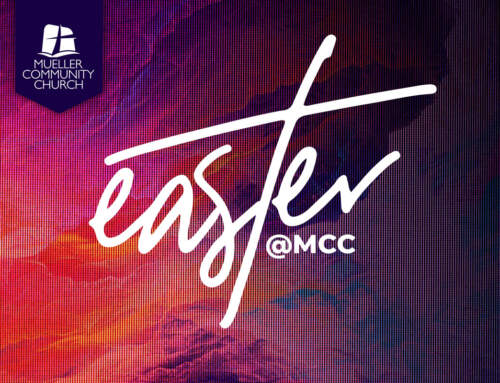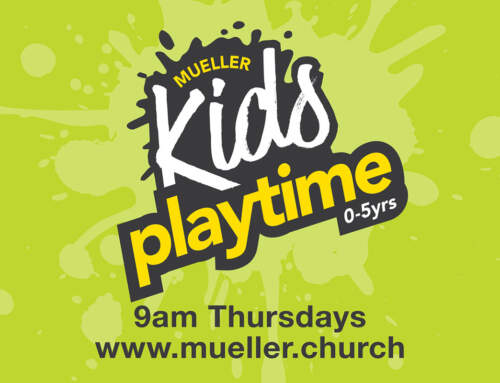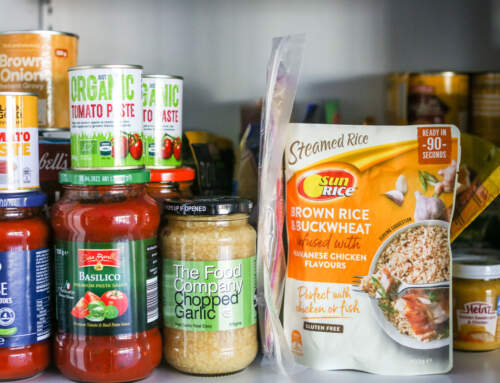Over the last few weeks we’ve been looking at the topic of contentment and specifically at what Dr Robert Lustig* calls the “4 Cs of Contentment”. So far we’ve looked at Connection, Contribution and Coping. Dr Lustig is an American Paediatric Endocrinologist who states that he considers the single most important key to contentment is to cook real food for yourself, for your family and your friends. He is an advocate of using as much fresh produce as possible. His suggestion is that families cook and spend time together. He reminds us that this will cost us in time, but he says the savings in food and future medical expenses are well worth it.
Interestingly, this “C” incorporates the other three. When we cook, sit down and eat together, we are connecting with those people we love and like. We’re contributing to their health and well-being. If we allow our children to participate in the preparation of meals, they know they’re contributing to the family’s well-being, it boosts their self-esteem and teaches them valuable life skills. Focusing on preparing food and being creative helps us cope. Dr Lustig considers that the biggest killers of contentment are technology, sleep deprivation, substance abuse and highly processed foods. (He specifically mentions that devices should never come near the meal table.)
A lot has been written about happiness, but we do better to seek contentment. Contentment is a longer lasting, deeper feeling of satisfaction, where we are grateful for people, blessings, and life. In seeking contentment, what we are really aiming for is a wholeness in life. Life has its ups and downs, its joys and sadness. They are all part of life and contribute to who we are. As parents, it’s good for us to remember that it’s not just the “happy” feelings and good experiences that give our children a “full” life, but also the sadness, disappointments, frustrations and failure. By helping them learn to be content, we give them a gift far greater than money can ever buy.
The apostle Paul in the Bible spoke about learning to be content. He wrote,
“I have learned how to be content with whatever I have. I know how to live on almost nothing or with everything. I have learned the secret of living in every situation, whether it is with a full stomach or empty, with plenty or little.” (Philippians 4:11,12 NLT)
*The Hacking of the American Mind: The Science Behind the Corporate Takeover of Our Bodies and Brains. (2017)






